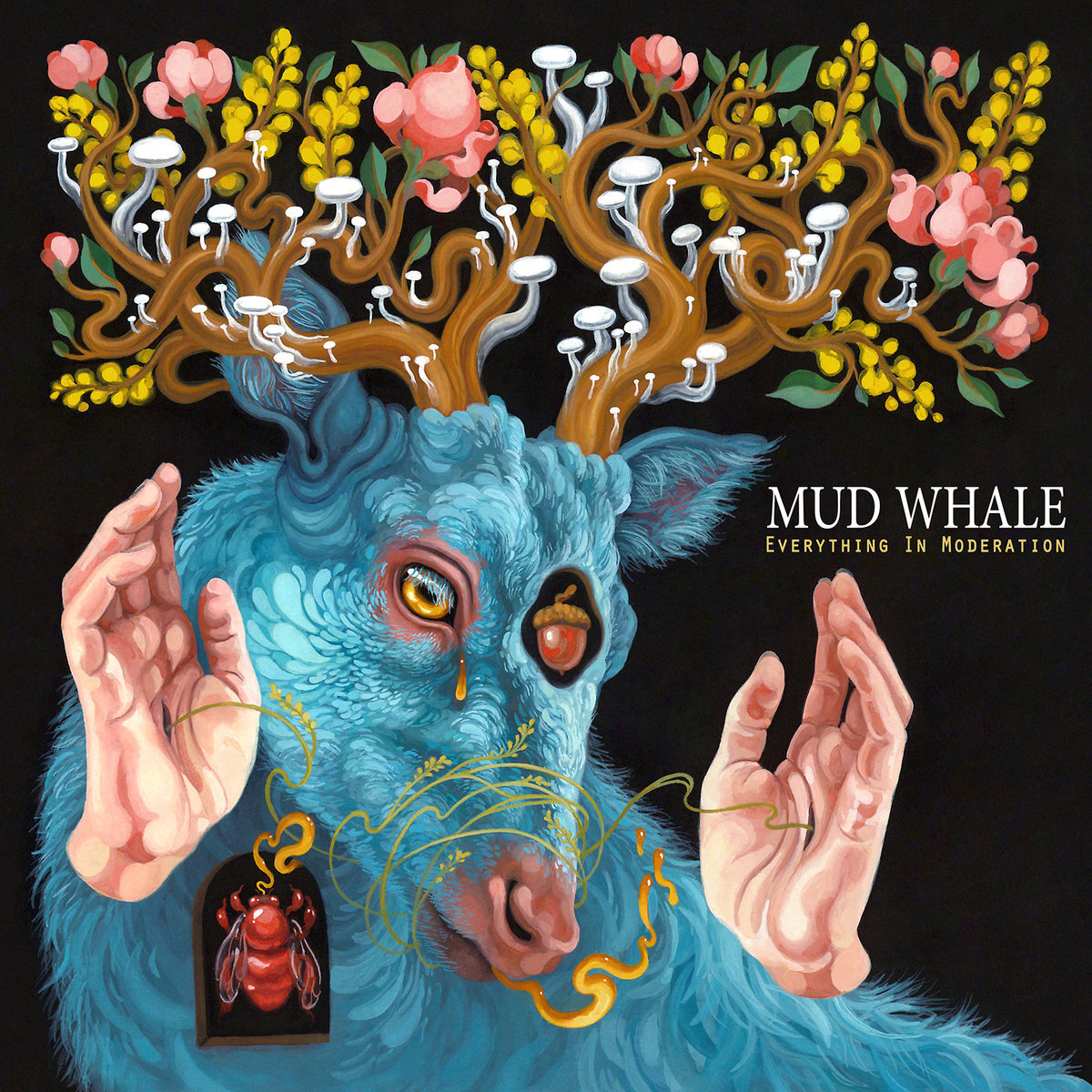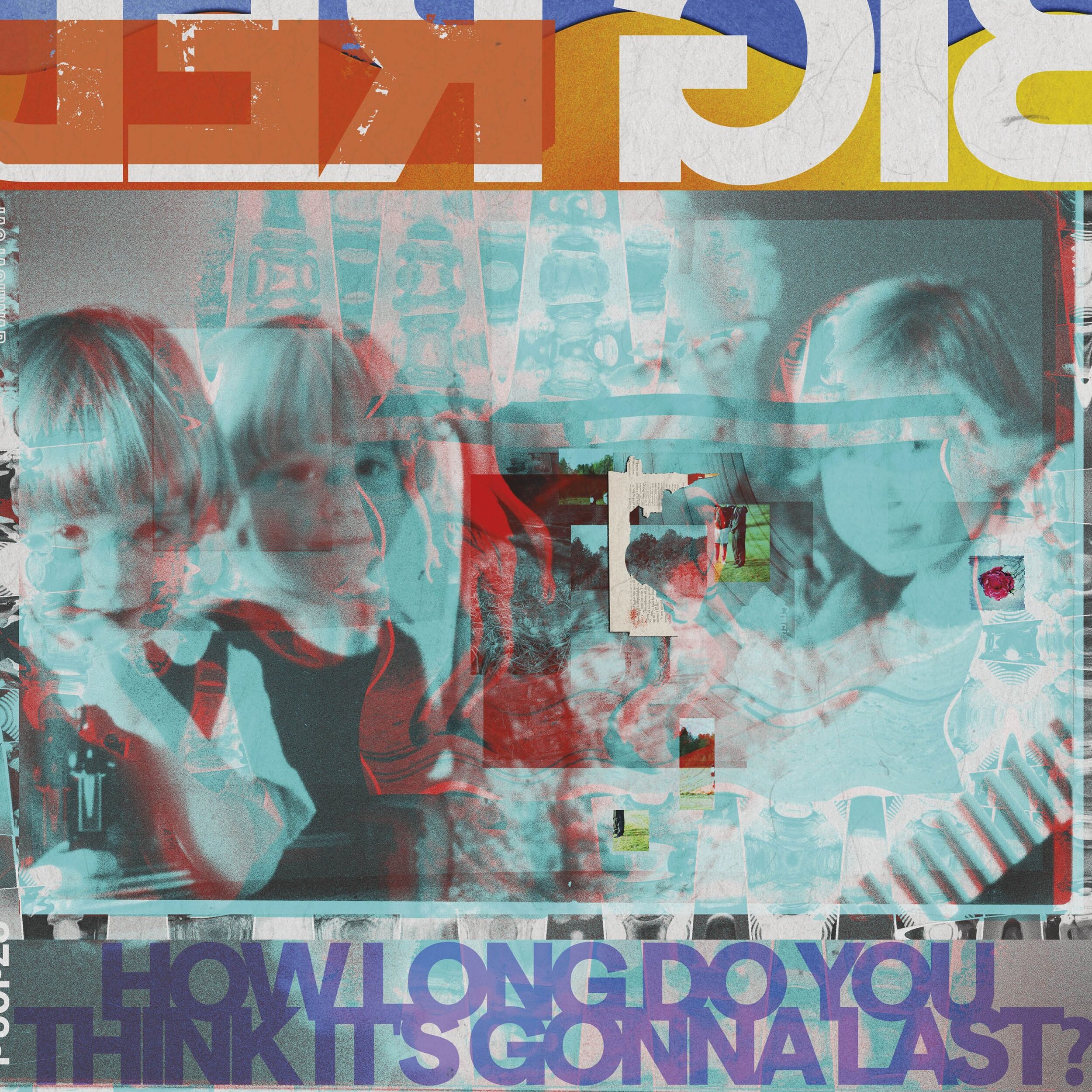Colleen Green – Cool | Album Review
/Yet another installment in our series of “first impression” reviews, the following write-up was written and published in just one day based solely upon a few sequential listens of Colleen Green’s newest album.
Like many other denizens of 2015, I was enamored by Colleen Green’s third album, I Want To Grow Up. The combination of bratty pop-punk, borderline-stoner rock, and genuine human insight felt completely revelatory to me at the time. Place these Insomniac-era Green Day riffs underneath an iconic cover, Descendents reference, and sunglasses-clad getup, and it felt like Green had the potential to be one of punk music’s next great visionaries. Then a year passed. Then another. Eventually, six years down the line, we finally have a proper follow-up to that breakthrough record, and it feels just as impressive as the release that Green first staked her name on.
I honestly thought enough time had passed that I’d be “over” Colleen Green’s sound by now, but one song into Cool and I was immediately proven wrong. Just when I thought I was out, she pulled me back in. Leaning further into a sort of One Beat-era Sleater Kinny style of Pacific Northwest indie rock, Cool is a different album from Grow Up in the best way possible. The opening track “Somewhere Else” sets the tone (and pace) for the record perfectly with a rolling instrumental evocative of other spacious album openers like Japanese Breakfast’s “Diving Woman.” After roughly a minute of jazzy, open-ended riffage, Green saunters into frame talk-singing the first verse in a poetic cadence that makes you lean in further and further with each bar. Then the song drops out into a guitar solo before throwing back to another obfuscated verse fleshing out a one-sided relationship. To carry out the track, a series of hummed “oooooh’s” lead directly to a glitchy repetition of “Do you?” That phrase loops out into a whispered refutation of “he has someone else” which repeats until the song fades into silence—a pretty incredible range of ideas for a three-minute opener.
The other singles, “I Wanna Be a Dog” and “It’s Nice To Be Nice,” bring the listener up to speed on Green’s artistic ethos in 2021; biting, acerbic lyricism basking underneath the glow of a sunny feel-good instrumental. It’s a delicious contradiction that results in some of the sharpest and most exciting songwriting I’ve heard all year. In the former track, Green takes the same sentiment as the famous Stooges song and reinterpolates it as a lens through which to view, analyze, and critique her outlook on life as well as her interpersonal relationships. Much like “Heavy Petting” by Future Teens, it’s a track that fully commits to its pet-based analogy, resulting in a song that can be enjoyed on a different level with each re-listen. In the latter single, Green takes a breezy sailboat instrumental and works up to a chorus that acts as a reminder to be kind to both yourself and others.
Even though “It’s Nice To Be Nice” comes halfway through the tracklist, the song acts as the self-proclaimed sentimental peak of the album. On the record’s Bandcamp page, it reads of the track, “[it’s] Green’s reminder to herself that you get what you give, so it’s important to try and be the best person you can—a hard-won but essential lesson in the emotional maturity that defines Cool.”
From that point on, the Cool winds from patriarchal Mitski sentiments on “How Much Should You Love a Husband?,” Powerplant-era Girlpool sounds on “I Believe In Love,” and a meditative instrumental closer on “Pressure to Cum.” Throughout the first half of the album, you’ll find surfy indie rock on “Posi Vibes” and Diet Cig-flavored critiques of the always-on social media world with “You Don’t Exist.” There are harrowing tales of emotional disconnect on “Highway” countered by shimmering bass-guided adoration on “Natural Chorus.” Simply put, there’s a dazzling range of sounds and ideas on this record that somehow all manage to congeal into one cohesive piece of art. Every drum beat, bass thump, guitar lick, and synth note are all filtered through Green’s UV-protectant sunglasses, and that makes Cool feel like a fantastically singular creation.
Throughout each track on the album, I’m amazed by Green’s restraint in song structure. Whether penning multi-layered critiques on things as big as the society in which we live or zooming in to write about things as specific and singular as herself, Green always manages to find time to fit those observations between razor-sharp choruses and spectacular guitar solos. Even with a fairly traditional 36 minute run time, it feels like each of these ten tracks have enough time to do exactly what they need. Because each song has enough space to breathe, this means everything feels urgent, but nothing feels rushed.
This measured approach to song structure is easily my favorite thing about Cool. Some songs like “Someone Else” open with this sort of curtain-up instrumental level-set, while others like “Natural Chorus” sputter out into these listless musical ruminations. It makes Green’s presence on vocals even more impactful and makes each word land harder due simply to the contrast with their surrounding environment. The tracks essentially strike a perfect balance between poetic observations, memorable choruses, and awe-inspiring compositions. Cool is a fantastic example of letting the instrumental tell the story, and that’s an art form that often feels lost within the indie rock sphere where some bands are eager to paint over any white space in an arms race toward the next area-ready chorus. Green’s approach to music leads to this economy of words where the listener pays even closer attention to each verse just for a brief glimpse at what’s going on behind those iconic sunglasses.
Overall, Cool is a stunning release that effortlessly shakes off the slump of a six-year album gap in favor of something inventive, new, and authentic to Green as an artistic entity. It may have taken a while to get here, but much like the songs themselves, Cool is proof that sometimes you just need to move at your own pace.































